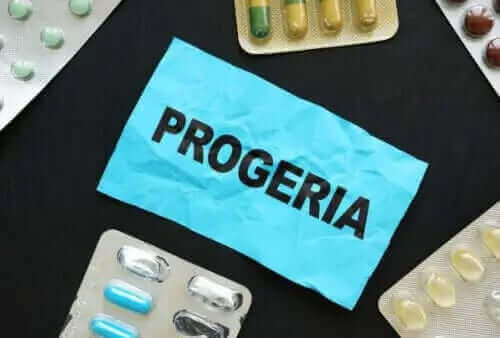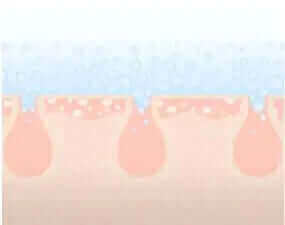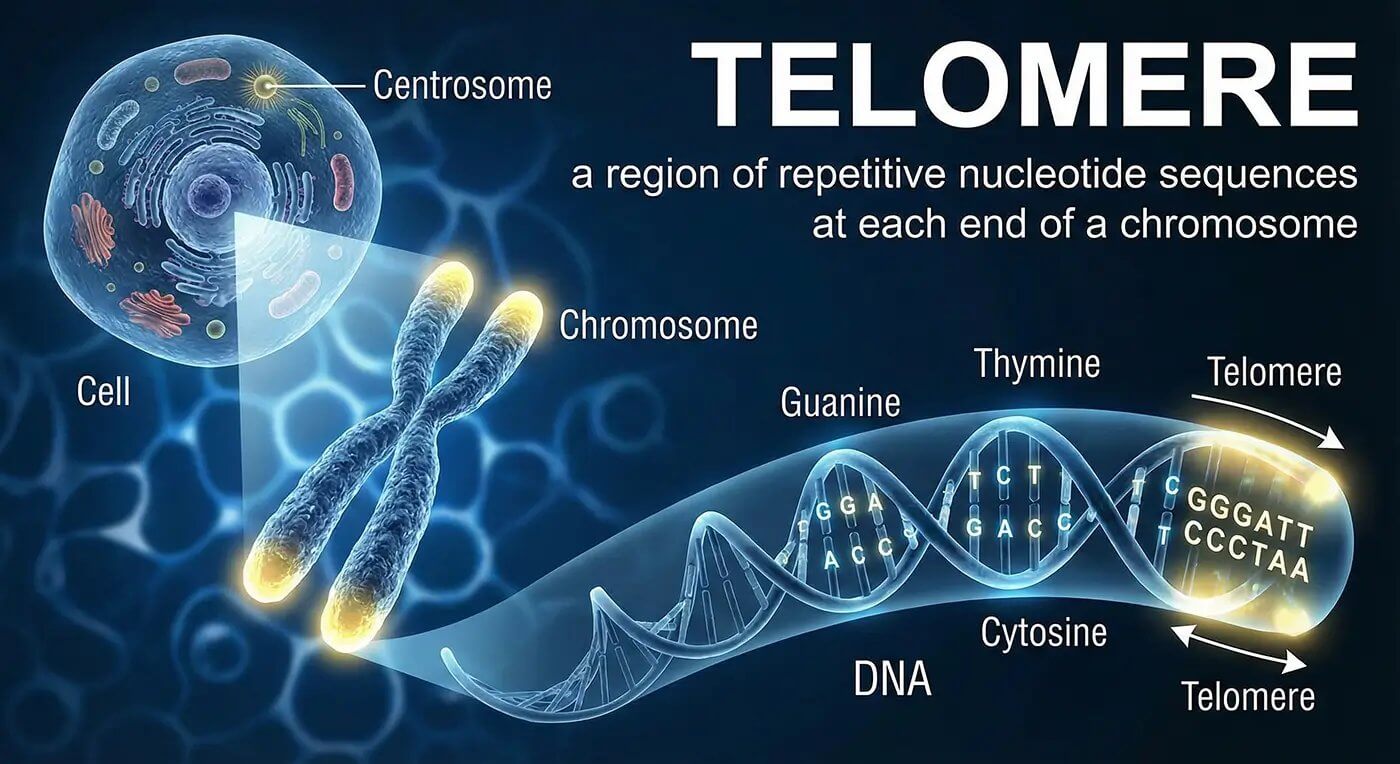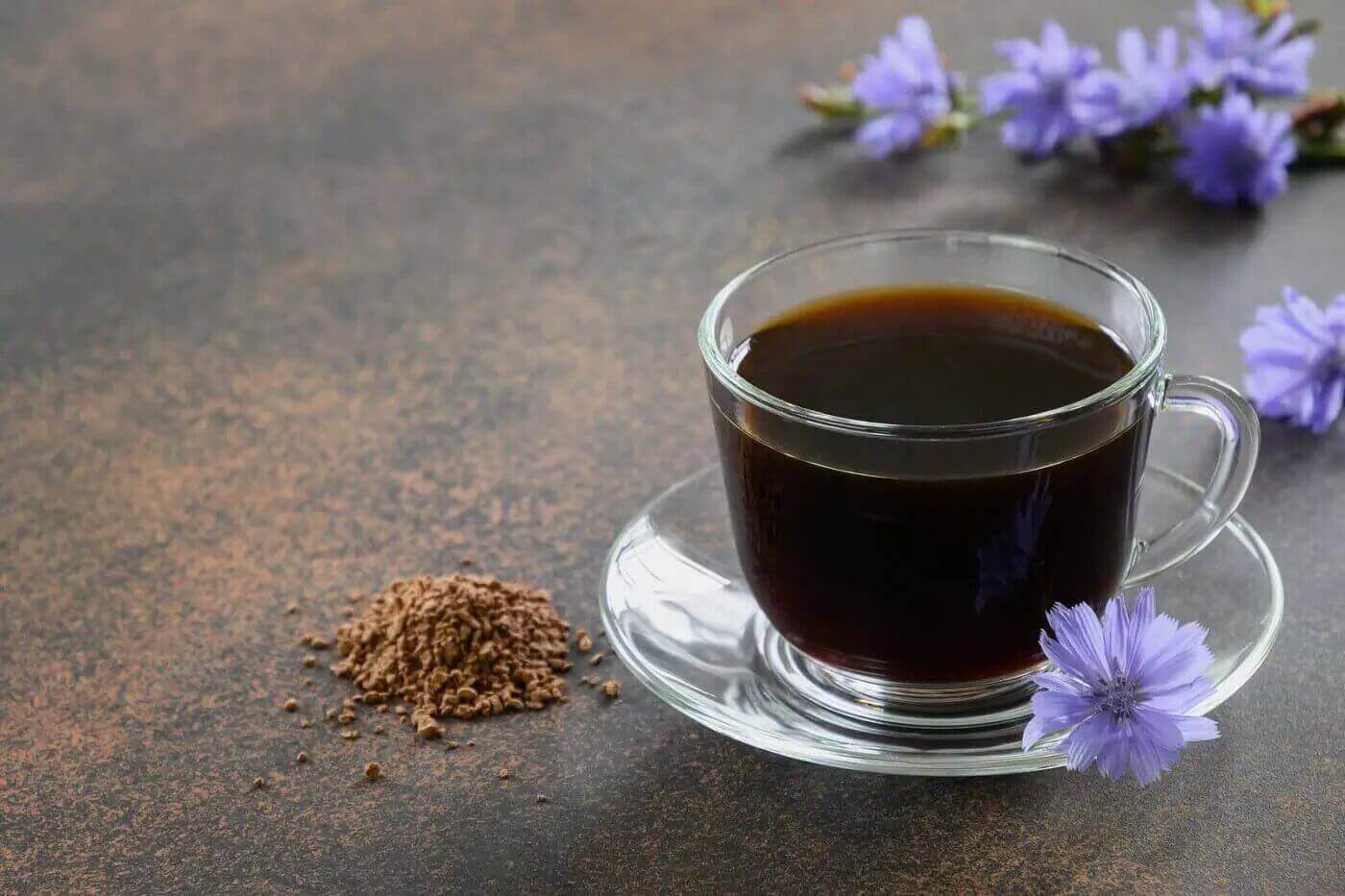Resveratrol: Revolutionary Anti-Aging Compound That Could Transform Your Health
When scientists discovered that resveratrol could dramatically extend lifespan in mice suffering from accelerated aging diseases, it sparked a revolution in anti-aging research. This powerful natural compound, found in red grapes and wine, represents a breakthrough in our understanding of how we can influence our biological clock through nutrition. The groundbreaking research published in Cell Metabolism reveals that resveratrol doesn't just slow aging—it actively reverses many age-related symptoms, offering hope to millions seeking healthier, longer lives.
Imagine having the power to influence your aging process through simple dietary choices. That's exactly what resveratrol promises. This remarkable compound works at the cellular level, activating longevity genes and protecting your body from the ravages of time. Whether you're concerned about maintaining youthful vitality, preventing age-related diseases, or simply optimizing your health span, understanding resveratrol's mechanisms could be the key to unlocking your body's natural anti-aging potential.
Understanding the Three Pillars of Aging and How Resveratrol Impacts Each
Aging isn't just about getting older—it's a complex interplay of factors that determine how gracefully we navigate through life. Biologists have identified three fundamental components that control the aging process, and resveratrol influences all three in remarkable ways.
The Biological Component: Your Genetic Blueprint
Your genes provide the foundation for how you age, but they're not your destiny. While we inherit certain genetic predispositions from our parents, exciting research shows that compounds like resveratrol can actually influence how these genes express themselves. Through a process called epigenetic modification, resveratrol activates protective genes while silencing harmful ones, essentially rewriting parts of your aging script.
The most dramatic example of genetic influence on aging comes from rare conditions like progeria, where children develop symptoms typically seen in elderly individuals. These heartbreaking diseases cause wrinkled skin, cardiovascular problems, kidney failure, vision loss, and premature death. However, the study of these conditions has provided invaluable insights into normal aging processes and how interventions like resveratrol supplementation might help.
The Lifestyle Factor: Choices That Shape Your Future
Your daily habits create the environment in which your genes operate. Diet, exercise, stress management, and sleep quality all play crucial roles in determining how quickly you age. Resveratrol fits perfectly into a healthy lifestyle strategy, amplifying the benefits of good choices while helping mitigate the damage from less optimal ones.
Research consistently shows that people who consume resveratrol-rich foods or supplements experience:
- Enhanced cardiovascular health and reduced risk of heart disease
- Improved cognitive function and memory retention
- Better metabolic health and weight management
- Stronger immune system responses
- Increased energy levels and physical endurance
Environmental Influences: The World Around You
From air pollution to UV radiation, environmental factors constantly challenge your body's defenses. Resveratrol acts as a powerful shield, neutralizing free radicals and reducing oxidative stress caused by environmental toxins. This protective effect becomes increasingly important as we face growing environmental challenges in modern life.
Groundbreaking Research: Resveratrol's Life-Extending Properties
The landmark study published in Cell Metabolism represents a watershed moment in anti-aging research. Scientists studied mice afflicted with a progeria-like disease, providing them with resveratrol to observe its effects on accelerated aging symptoms. The results exceeded all expectations and opened new doors for human longevity research.
Key Findings That Could Change Everything
The research team documented several remarkable outcomes when treating progeria mice with resveratrol:
- Significant Life Extension: Treated mice lived substantially longer than untreated controls, suggesting resveratrol's potential to extend healthy lifespan
- Prevented Body Weight Loss: While untreated mice experienced severe wasting, resveratrol-treated animals maintained healthy body weight
- Improved Bone Health: Bone structure and mineral density improved dramatically, reversing one of aging's most debilitating effects
- Enhanced Overall Vitality: Treated mice showed improved activity levels, better coat quality, and increased vigor
The Science Behind Resveratrol: Activating Your Longevity Genes
Understanding how resveratrol works at the molecular level reveals why it's such a powerful anti-aging compound. The secret lies in its ability to activate Sirtuin1 (SIRT1), often called the "longevity gene." This activation triggers a cascade of beneficial effects throughout your body.
Sirtuin1 Activation: Your Body's Master Regulator
When resveratrol activates SIRT1, it initiates multiple protective mechanisms:
| Mechanism | Benefit | Impact on Aging |
|---|---|---|
| DNA Repair Enhancement | Fixes cellular damage | Slows mutation accumulation |
| Mitochondrial Biogenesis | Creates new energy factories | Increases cellular vitality |
| Inflammation Reduction | Calms chronic inflammation | Prevents age-related diseases |
| Metabolic Optimization | Improves insulin sensitivity | Maintains healthy weight |
| Stem Cell Activation | Promotes tissue regeneration | Enhances healing capacity |
Stem Cell Therapy Connection
The researchers discovered that resveratrol's anti-aging effects work through a stem cell-based mechanism. By protecting and activating stem cells, resveratrol helps maintain your body's regenerative capacity—the key to staying young at the cellular level. This finding suggests exciting possibilities for combining resveratrol with emerging stem cell therapies for even more dramatic anti-aging results.
Natural Sources of Resveratrol: Food as Medicine
While supplements offer concentrated doses, incorporating resveratrol-rich foods into your diet provides additional nutrients and compounds that work synergistically with resveratrol. The Mediterranean diet, renowned for promoting longevity, naturally includes many resveratrol sources.
Top Resveratrol-Rich Foods
- Red Grapes and Red Wine: The skin of red grapes contains the highest concentrations, making moderate red wine consumption beneficial
- Blueberries: These antioxidant powerhouses provide resveratrol along with other protective compounds
- Cranberries: Fresh or dried cranberries offer year-round resveratrol benefits
- Peanuts: Surprisingly rich in resveratrol, especially when consumed with their skins
- Dark Chocolate: High-quality dark chocolate provides resveratrol along with other flavonoids
- Mulberries: These lesser-known berries pack a powerful resveratrol punch
- Japanese Knotweed: The richest natural source, often used in supplement production
Optimizing Resveratrol Absorption and Effectiveness
Simply consuming resveratrol isn't enough—you need to ensure your body can absorb and utilize it effectively. Research has identified several strategies to maximize resveratrol's bioavailability and therapeutic effects.
Timing and Combination Strategies
Taking resveratrol with certain foods and at specific times can dramatically improve its effectiveness:
- With Healthy Fats: Consuming resveratrol with olive oil, nuts, or avocado increases absorption by up to 5 times
- Morning Dosing: Taking resveratrol in the morning aligns with your body's natural circadian rhythms
- Quercetin Synergy: Combining with quercetin (found in onions and apples) enhances anti-inflammatory effects
- Avoid High-Protein Meals: Protein can bind to resveratrol, reducing absorption
Resveratrol Dosage Guidelines: Finding Your Sweet Spot
While the mice in the progeria study received high doses relative to their body weight, human dosing requires careful consideration. Research suggests different doses for different goals:
Evidence-Based Dosing Recommendations
- General Health Maintenance: 150-250mg daily
- Cardiovascular Support: 250-500mg daily
- Anti-Aging Benefits: 500-1000mg daily
- Therapeutic Applications: Up to 2000mg daily (under medical supervision)
Always start with lower doses and gradually increase while monitoring your body's response. Some people experience digestive discomfort at higher doses, which usually resolves by taking resveratrol with food or dividing the dose throughout the day.
Beyond Progeria: Resveratrol's Promise for Normal Aging
While the progeria research provides dramatic evidence of resveratrol's anti-aging potential, its benefits extend far beyond rare genetic conditions. Studies in healthy humans show impressive results across multiple age-related concerns.
Cardiovascular Health Revolution
Resveratrol protects your heart and blood vessels through multiple mechanisms. It reduces LDL oxidation, prevents platelet aggregation, improves endothelial function, and reduces inflammation—addressing virtually every aspect of cardiovascular aging. People taking resveratrol regularly report improved energy, better exercise tolerance, and enhanced overall vitality.
Brain Health and Cognitive Function
Your brain particularly benefits from resveratrol's protective effects. By crossing the blood-brain barrier, resveratrol:
- Clears beta-amyloid plaques associated with Alzheimer's disease
- Protects neurons from oxidative damage
- Enhances memory formation and recall
- Improves mood and reduces anxiety
- Supports healthy sleep patterns
Metabolic Health Transformation
Resveratrol acts like a metabolic reset button, improving how your body processes energy. Users often experience improved insulin sensitivity, easier weight management, reduced cravings, and more stable energy throughout the day. These metabolic improvements create a positive feedback loop, making healthy lifestyle choices easier to maintain.
Creating Your Resveratrol Action Plan
Knowledge without action won't slow your aging. Here's a practical roadmap for incorporating resveratrol into your anti-aging strategy:
Week 1-2: Foundation Building
- Add one resveratrol-rich food to each meal
- Consider starting a low-dose supplement (150mg)
- Track your energy levels and overall wellbeing
Week 3-4: Optimization
- Increase dietary sources and variety
- Adjust supplement timing for maximum benefit
- Add synergistic nutrients like quercetin
Month 2 and Beyond: Long-term Success
- Establish consistent daily routines
- Consider increasing supplement dose if well-tolerated
- Monitor improvements in health markers
- Celebrate your commitment to healthy aging
The Future of Anti-Aging: What's Next for Resveratrol Research
The progeria study opens exciting new avenues for research. Scientists are now exploring how resveratrol might be combined with other interventions for even more dramatic results. Emerging areas of investigation include combination therapies with NAD+ precursors, integration with stem cell treatments, personalized dosing based on genetic profiles, and novel delivery systems for enhanced effectiveness.
As research progresses, we're likely to see resveratrol playing an increasingly important role in preventive medicine and longevity protocols. The ability to influence our aging trajectory through simple, natural interventions represents a paradigm shift in how we approach health and wellness.
Frequently Asked Questions About Resveratrol
FAQ: Your Resveratrol Questions Answered
What exactly is resveratrol and where does it come from?
Resveratrol is a natural polyphenol compound that plants produce as a defense mechanism against stress, injury, and fungal infections. It's most famously found in the skin of red grapes, which is why red wine contains significant amounts. Other rich sources include blueberries, cranberries, peanuts, and Japanese knotweed. This powerful antioxidant belongs to a class of compounds called stilbenes and has been used in traditional medicine for centuries, though its anti-aging properties have only recently been scientifically validated.
How long does it take to see results from resveratrol supplementation?
The timeline for experiencing resveratrol's benefits varies depending on your health goals and individual physiology. Many people report increased energy and improved sleep within 2-3 weeks of starting supplementation. Cardiovascular benefits, such as improved blood pressure and cholesterol levels, typically become measurable after 4-8 weeks of consistent use. For anti-aging effects at the cellular level, including improved skin quality and cognitive function, most studies show significant results after 3-6 months of regular supplementation. Remember, resveratrol works best as part of a comprehensive healthy lifestyle approach.
Is resveratrol safe for everyone, and are there any side effects?
Resveratrol is generally very safe for most people when taken at recommended doses. Studies have shown it to be well-tolerated even at doses up to 5,000mg per day, though such high doses aren't necessary for most benefits. Some people may experience mild digestive discomfort when first starting supplementation, which usually resolves by taking resveratrol with food or reducing the dose temporarily. Because resveratrol can have mild blood-thinning effects, people taking anticoagulant medications should consult their healthcare provider. Pregnant and nursing women should also seek medical advice before supplementing, though dietary sources are considered safe.
Can I get enough resveratrol from diet alone, or do I need supplements?
While dietary sources of resveratrol provide valuable health benefits, achieving therapeutic doses through food alone can be challenging. For example, you'd need to drink dozens of glasses of red wine daily to match the resveratrol levels used in clinical studies—clearly not a healthy approach! A balanced strategy works best: incorporate resveratrol-rich foods into your daily diet for their synergistic nutrients and overall health benefits, then consider supplementation to reach optimal therapeutic levels. This combination approach ensures you get both the isolated benefits of resveratrol and the complex array of beneficial compounds found in whole foods.
How does resveratrol compare to other anti-aging supplements?
Resveratrol stands out among anti-aging supplements for its unique ability to activate sirtuins, particularly SIRT1, which directly influences longevity pathways. While other popular anti-aging supplements like CoQ10, vitamin C, and omega-3s provide important benefits, resveratrol works at a more fundamental level by mimicking the effects of caloric restriction—the only proven method to extend lifespan across species. Many longevity experts recommend combining resveratrol with complementary supplements like NMN or NAD+ precursors, quercetin for enhanced absorption, and pterostilbene (resveratrol's cousin) for synergistic effects. The key is that resveratrol addresses multiple hallmarks of aging simultaneously, making it a cornerstone of any comprehensive anti-aging protocol.
What's the connection between resveratrol and the "French Paradox"?
The French Paradox refers to the observation that French people have relatively low rates of heart disease despite consuming rich foods high in saturated fats. Scientists discovered that moderate red wine consumption, common in French culture, might explain this paradox—and resveratrol emerged as a key protective compound. The resveratrol in red wine, combined with other polyphenols, provides powerful cardiovascular protection that helps offset dietary risks. This discovery sparked global interest in resveratrol research and led to the groundbreaking studies showing its broader anti-aging effects. Today, we understand that resveratrol is just one piece of the puzzle, but it's a crucial one that validates the wisdom of traditional Mediterranean dietary patterns.
Can resveratrol really reverse aging, or does it just slow it down?
The progeria mouse study and other research suggest that resveratrol can actually reverse certain aspects of aging, not just slow them down. In the study, mice showed improved bone density, better body composition, and enhanced vitality—actual reversal of age-related decline. At the cellular level, resveratrol has been shown to restore mitochondrial function, repair DNA damage, and reactivate stem cells. While we can't turn back the calendar, resveratrol helps your cells function more like younger versions of themselves. This cellular rejuvenation translates to tangible improvements in energy, appearance, and overall health. Think of it as helping your body maintain and restore itself more effectively, allowing you to feel and function years younger than your chronological age.
Should I take resveratrol if I'm already healthy and relatively young?
Starting resveratrol supplementation while you're young and healthy might be one of the smartest investments in your future wellbeing. Prevention is always more effective than treatment, and resveratrol's protective effects accumulate over time. Young adults taking resveratrol report enhanced athletic performance, better stress management, improved skin quality, and sustained energy levels. By activating longevity pathways early, you're essentially banking cellular health for the future. Think of it like starting a retirement account in your 20s versus your 50s—the earlier you begin, the more dramatic the long-term benefits. Even if you feel great now, resveratrol helps ensure you'll maintain that vitality for decades to come.
How does resveratrol work differently in humans compared to the mice in the progeria study?
While the fundamental mechanisms of resveratrol remain consistent across species—SIRT1 activation, mitochondrial protection, and stem cell enhancement—there are important differences in how humans respond. Humans have more complex metabolic systems and longer lifespans, meaning effects may take longer to manifest but could be more profound over time. The doses used in mouse studies often translate to lower human equivalents due to differences in metabolic rate. Additionally, humans benefit from resveratrol's cognitive effects more dramatically than mice, with improvements in memory, mood, and neuroprotection being particularly notable. The key insight from the progeria study is proof of concept: if resveratrol can extend life in severely compromised mice, its potential for enhancing human healthspan is tremendously exciting.
What lifestyle changes should I make to maximize resveratrol's benefits?
Resveratrol works synergistically with healthy lifestyle choices, amplifying their benefits. To maximize results, combine supplementation with regular exercise, particularly strength training and high-intensity intervals that naturally boost SIRT1. Adopt a Mediterranean-style diet rich in colorful vegetables, healthy fats, and moderate amounts of red wine. Practice intermittent fasting or time-restricted eating, which enhances resveratrol's sirtuin-activating effects. Prioritize quality sleep, as resveratrol works during rest to repair cellular damage. Manage stress through meditation or yoga, as chronic stress can counteract resveratrol's benefits. Finally, stay hydrated and limit processed foods that create oxidative stress. When you align your lifestyle with resveratrol's mechanisms, you create a powerful synergy that accelerates your journey to optimal health and longevity.
Conclusion: Your Journey to Ageless Vitality Begins Now
The groundbreaking research on resveratrol and progeria represents more than just scientific advancement—it's a beacon of hope for anyone seeking to age gracefully and maintain vitality throughout life. By understanding and harnessing resveratrol's power to activate longevity genes, protect cellular health, and even reverse certain aspects of aging, you hold the keys to transforming your health destiny.
Remember, while we cannot change the genes we inherit, we absolutely can influence how they express themselves. Through smart choices like incorporating resveratrol into your daily routine, you're not just adding years to your life—you're adding life to your years. The mice in the progeria study showed us what's possible when we intervene at the cellular level. Now it's your turn to write your own anti-aging success story.
Start today. Whether through dietary changes, supplementation, or both, make resveratrol part of your commitment to lifelong health and vitality. Your future self will thank you for taking action now, when the power to influence your aging trajectory is firmly in your hands. The science is clear, the benefits are proven, and the opportunity for transformation awaits. Welcome to your journey toward ageless living—powered by the remarkable promise of resveratrol.





